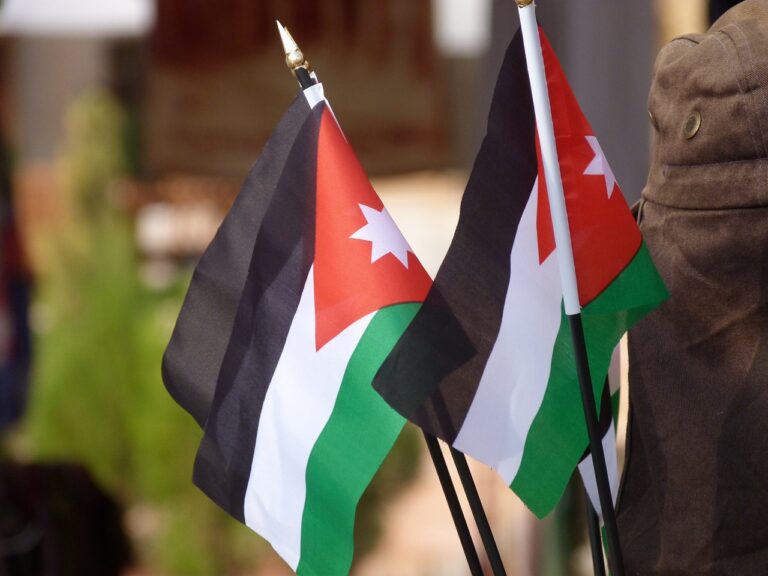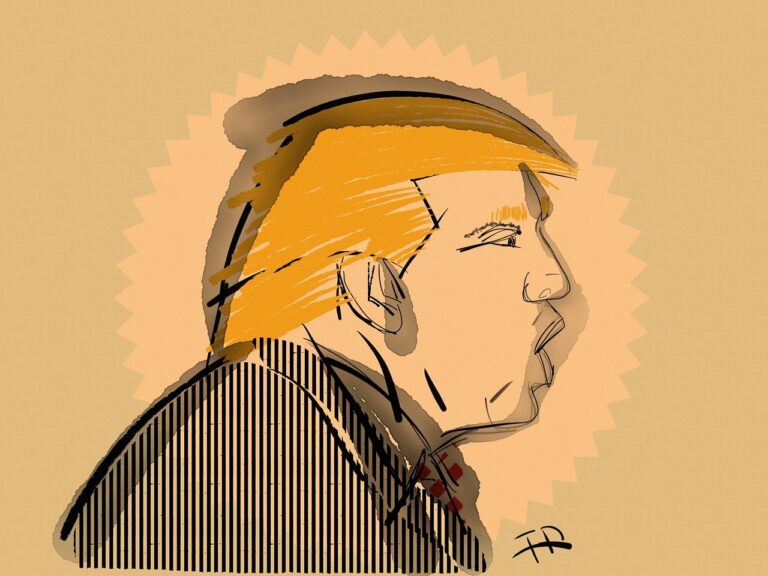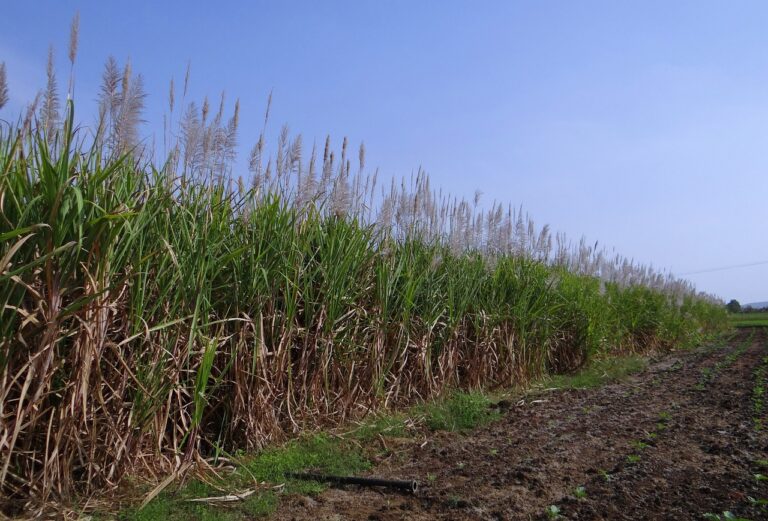The Role of Election Monitors in Ensuring Free and Fair Elections
betbook250 login, 11xplay pro, yolo247.com login:The Role of Election Monitors in Ensuring Free and Fair Elections
Elections are a cornerstone of democracy, allowing citizens to exercise their right to choose their leaders. However, in many parts of the world, electoral processes can be marred by irregularities, fraud, and other unfair practices that undermine the credibility and legitimacy of the results. This is where election monitors play a crucial role in ensuring free and fair elections.
What are Election Monitors?
Election monitors are individuals or organizations that are tasked with observing and assessing the electoral process to ensure that it is conducted in a free and fair manner. They can be domestic or international, and they play a critical role in promoting transparency, accountability, and integrity in the electoral process.
Why are Election Monitors Important?
Election monitors serve as impartial observers who can help detect and deter electoral fraud, intimidation, and other irregularities. By providing an independent assessment of the electoral process, they help build public confidence in the integrity of the elections and the legitimacy of the results. Without election monitors, there is a higher risk of electoral malpractice going undetected, which can undermine the democratic process and lead to contested or illegitimate election outcomes.
What Do Election Monitors Do?
Election monitors perform a range of tasks to ensure that elections are free and fair. These tasks include:
– Observing polling stations to ensure that voting procedures are followed correctly
– Monitoring the electoral process to identify any irregularities or instances of fraud
– Documenting and reporting any violations of electoral laws or regulations
– Engaging with election officials, political parties, and other stakeholders to address any concerns or issues that arise
– Providing recommendations for improving the electoral process in the future
By actively monitoring the electoral process, election monitors can help prevent fraud, intimidation, and other forms of electoral malpractice, thereby promoting the integrity of the elections.
The Impact of Election Monitors
The presence of election monitors can have a significant impact on the conduct and outcome of elections. Studies have shown that the presence of election monitors can increase voter turnout, reduce instances of electoral fraud, and improve the overall quality of the electoral process. In some cases, election monitors have even been able to prevent violence and conflict by deterring attempts to manipulate the elections.
The Role of International Election Monitors
International election monitors play a unique role in ensuring free and fair elections, particularly in countries with a history of electoral fraud or political instability. International election monitors are often seen as more impartial and credible than domestic monitors, and their presence can help build public trust in the electoral process.
International election monitors are typically deployed by organizations such as the United Nations, the European Union, or the Organization for Security and Cooperation in Europe. They observe elections in countries around the world, providing an independent assessment of the electoral process and making recommendations for improvements.
Challenges Faced by Election Monitors
Despite their critical role in promoting free and fair elections, election monitors often face numerous challenges in carrying out their work. These challenges can include:
– Resistance or hostility from government authorities or other stakeholders
– Lack of access to polling stations or other key locations
– Limited resources or funding to conduct comprehensive monitoring efforts
– Security risks, particularly in conflict-affected or politically volatile areas
Despite these challenges, election monitors remain committed to their mission of ensuring that elections are conducted in a free and fair manner.
FAQs
Q: How are election monitors chosen?
A: Election monitors are typically selected based on their expertise in electoral processes, their credibility and impartiality, and their ability to operate effectively in the specific context of the election.
Q: How do election monitors ensure their independence?
A: Election monitors maintain their independence by operating impartially, transparently, and in accordance with established international standards for election monitoring.
Q: What happens if election monitors detect irregularities?
A: If election monitors detect irregularities or instances of fraud, they document and report these findings to relevant authorities, political parties, and other stakeholders. They may also make recommendations for addressing these issues in the future.
Q: How can I become an election monitor?
A: If you are interested in becoming an election monitor, you can reach out to organizations that specialize in election monitoring, such as the National Democratic Institute or the International Foundation for Electoral Systems, to inquire about opportunities for training and deployment.
In conclusion, election monitors play a vital role in ensuring free and fair elections by observing, assessing, and reporting on the electoral process. Their presence helps to prevent fraud, intimidation, and other forms of electoral malpractice, and their recommendations can lead to improvements in the electoral process for future elections. By supporting the work of election monitors, we can help promote democracy, transparency, and accountability in electoral processes around the world.







